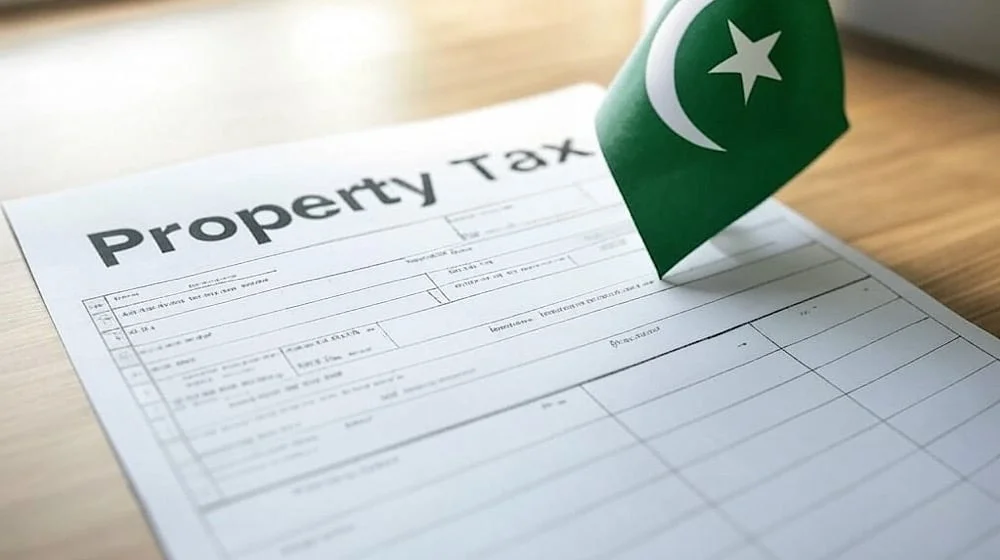Islamabad, 29 May 2025: Property Tax Case mismanagement has drawn sharp criticism from the Appellate Tribunal Inland Revenue (ATIR) in Islamabad, which recently censured the Corporate Tax Office (CTO) for what it described as serious procedural errors and lack of professional diligence in handling a high-stakes real estate taxation dispute.
In a ruling issued this week, the tribunal directed tax authorities to initiate fresh reassessment for the Tax Year 2019. It noted that several key provisions of the Income Tax Ordinance specifically Sections 39(3), 69, 90, 109, 153(1)(b), 113C, and 18(1)(d) had been either wrongly applied or overlooked altogether.
The failure to follow proper procedures, the tribunal warned, risked significant losses to the national treasury.
READ MORE: Punjab Expands Property Tax to Housing Societies
The case at the heart of this controversy involved a business entity engaged in large-scale real estate activities, including the buying and selling of residential and commercial properties.
According to the tribunal, income from land transactions should have been categorised as service income, in line with Section 153(1)(b), and taxed at whichever rate would have yielded higher public revenue.
Midway through the ruling, the tribunal again underscored the gravity of the Property Tax Case, instructing the Assessing Officer to carefully review all financial records, contracts, and related party transactions.
Special attention was ordered to be paid to an advance payment worth Rs36.1 billion, which the tribunal argued must be scrutinised based on the real substance of the underlying economic activity rather than its legal form.
READ MORE: 30 Business Outlets Sealed Over Property Tax Default
The tribunal’s decision also serves as a broader warning to tax officials across Pakistan, urging more competent and legally sound practices especially when dealing with high-value sectors like real estate. The judgment is expected to trigger internal reviews within the CTO and possibly influence how future corporate cases are assessed.
Tax analysts suggest that the fallout from this Property Tax Case could reshape regulatory expectations for tax officials, driving greater transparency and accountability in the enforcement of fiscal laws.









